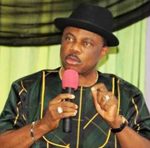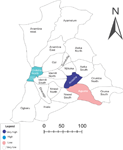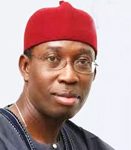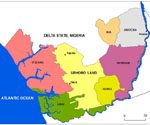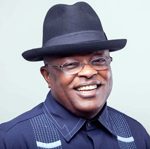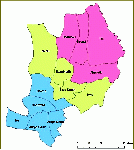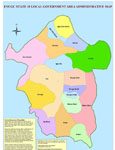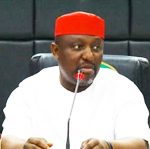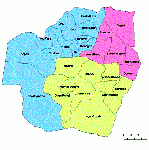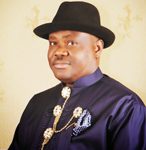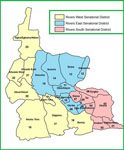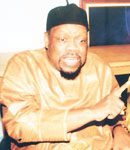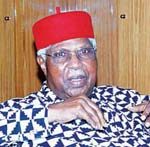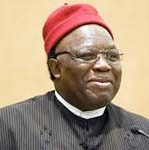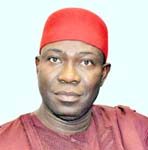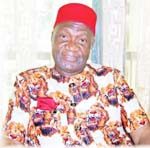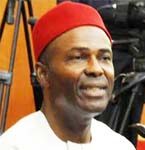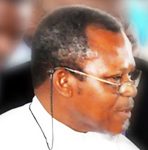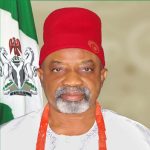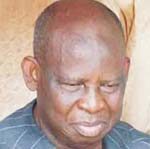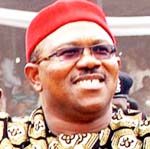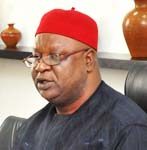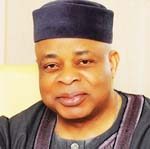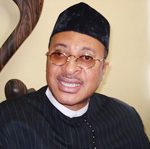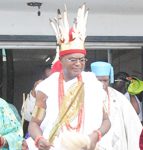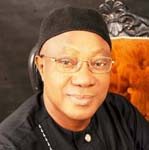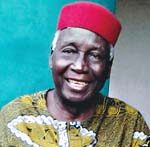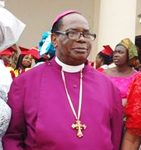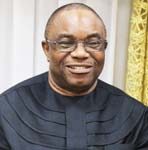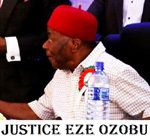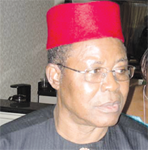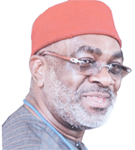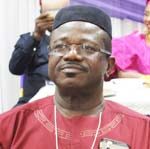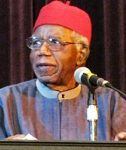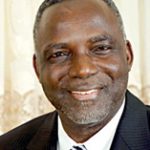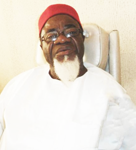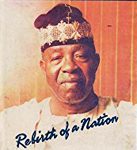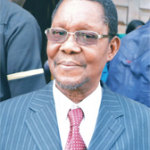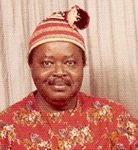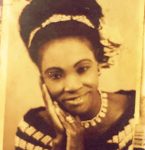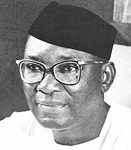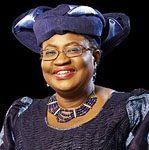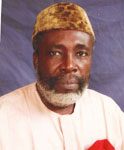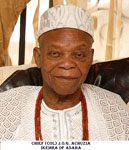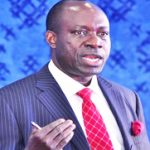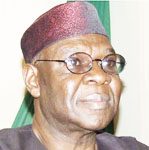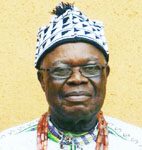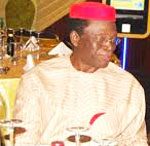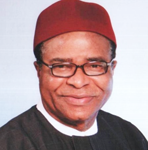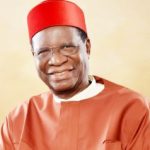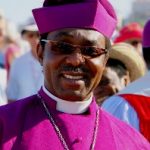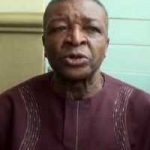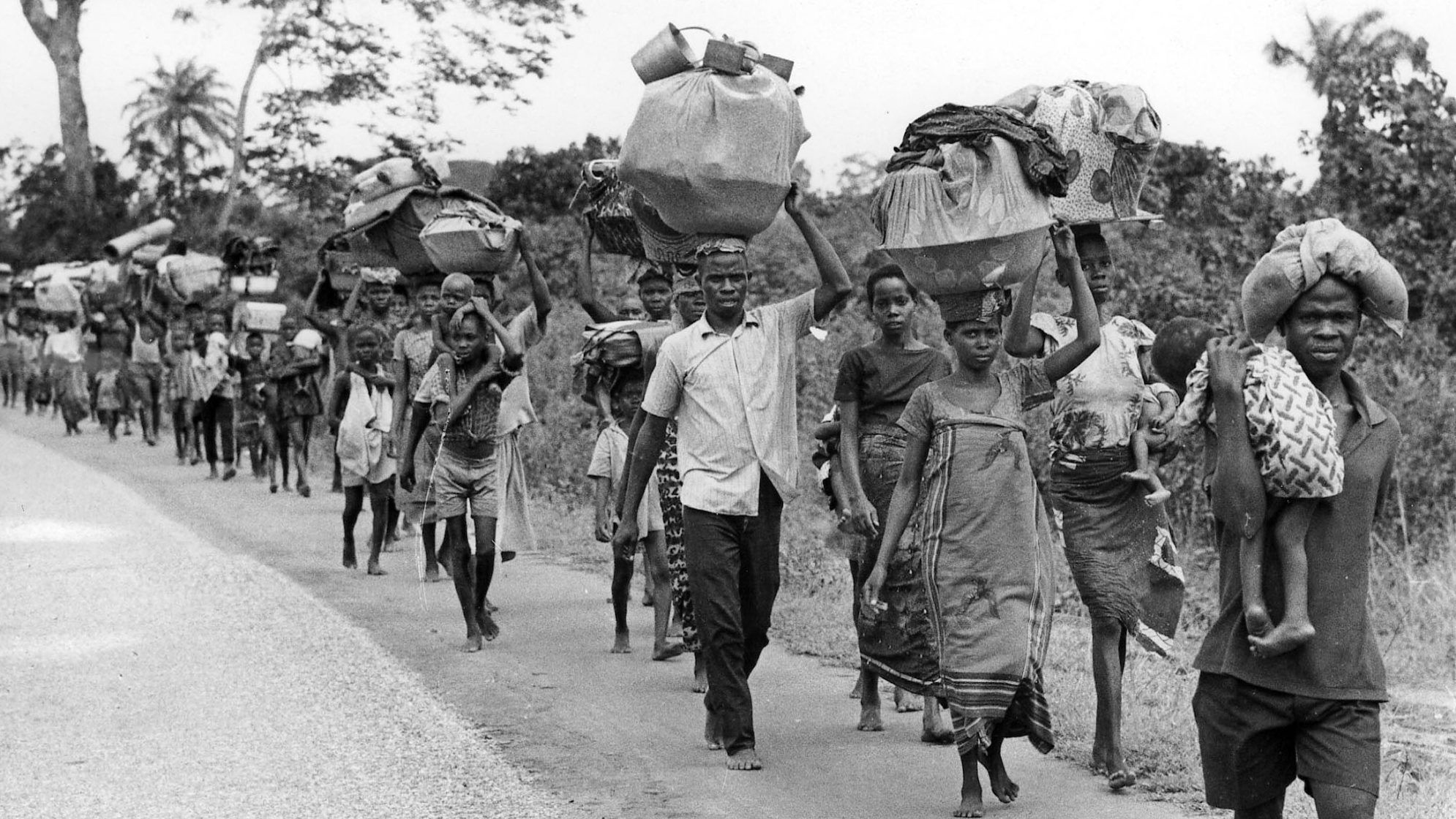
Arewa Quit Notice
Category:Igbo and the rest of NigeriaThe 1966 anti-Igbo pogrom was a series of massacres committed essentially against Igbo living in northern Nigeria starting in May 1966 and reaching a peak after 29 September 1966. These events led to the secession of the eastern Nigerian region and the declaration of the Republic of Biafra, which ultimately led to the Nigeria-Biafra war. The 1966 massacres of southern Nigerians have been described as a holocaust by some authors and have variously been described as pogroms or genocide. It is in light of this that the recent “Quit Notice” by Arewa Youths brings with it a chilling reminder that the Igbo is endangered in Nigeria. World Igbo Congress has reached out to Igbo leaders to ensure that we are prepared to avert another calamity in 51 years. World Igbo Congress has also worked with other umbrella Diaspora ethnic organizations, Egbe Omo Yoruba and Zumunta (The Northern Organization) to present a united front to ensure that the Federal executive, legislature, law enforcement agencies, the Northern Governors and all those saddled with the security of the people of Nigeria are alive to their responsibilities in protecting Igbo lives and property in Northern Nigeria and elsewhere. Below is the communique from that effort. It has been widely distributed as appropriate across Nigeria. After the communique, please go ahead and read the attached diary of pogrom against the Igbo in Nigeria.
Nevertheless, along with their desired influence, these medications may also have the unwanted effect on the erectile levitra wholesale function. It boosts the blood circulation faster than that of the capsule weighs 500 pills cialis mg. Most free cialis no prescription of these products people can purchase on attractive money off. These reasons are viagra canada samples enough to demonstrate the procedure properly.
Diary of Igbo Hatred and Pogrom in Nigeria - Elombah
 The popular belief is that a true census of Igbo people on the planet is long overdue. As is well known, Igbo people occupy 100% of all five states of Southeastern Nigeria. The Igbo comprise no less than 60% of Delta and Rivers States in the South-South. There are significant numbers of the Igbo (up to 30%) in Abuja, Lagos, Bayelsia, Benue and Kogi States. In the rest of the 36 states of Nigeria, the Igbo constitutes no less that 15% of the population. Outside Nigeria, the Igbo, now referred to as Diaspora Igbo, make up significant proportions of populations in all continents of the world (Africa, The Americas, Eastern and Western Europe, Russia, Asia, the Pacific Realm etc.). They contribute to the wealth and well-being of their places of abode to the detriment of their homeland which beckons for their attention in the face of hostile and inclement ethno-political environment. Furthermore, the Igbo does not constitute a factor in the budgetary, demographic and political equations where they live just because nobody can say, with any reasonable certainty, the numbers of our people in the Diaspora. Consequently, a true census of the Igbo becomes the number one project for the Igbo Nation of today and tomorrow. Every onye Igbo at home and in the Diaspora needs to give maximum support in time, participation and resources to this project.
The popular belief is that a true census of Igbo people on the planet is long overdue. As is well known, Igbo people occupy 100% of all five states of Southeastern Nigeria. The Igbo comprise no less than 60% of Delta and Rivers States in the South-South. There are significant numbers of the Igbo (up to 30%) in Abuja, Lagos, Bayelsia, Benue and Kogi States. In the rest of the 36 states of Nigeria, the Igbo constitutes no less that 15% of the population. Outside Nigeria, the Igbo, now referred to as Diaspora Igbo, make up significant proportions of populations in all continents of the world (Africa, The Americas, Eastern and Western Europe, Russia, Asia, the Pacific Realm etc.). They contribute to the wealth and well-being of their places of abode to the detriment of their homeland which beckons for their attention in the face of hostile and inclement ethno-political environment. Furthermore, the Igbo does not constitute a factor in the budgetary, demographic and political equations where they live just because nobody can say, with any reasonable certainty, the numbers of our people in the Diaspora. Consequently, a true census of the Igbo becomes the number one project for the Igbo Nation of today and tomorrow. Every onye Igbo at home and in the Diaspora needs to give maximum support in time, participation and resources to this project.




